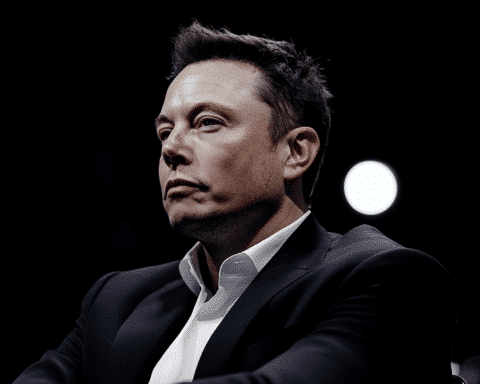The United Kingdom has witnessed a seismic political shift as the Labour Party triumphed in the national elections, ending a 14-year stretch of Conservative leadership. With this victory, Labour leader Keir Starmer steps into the role of Prime Minister, carrying the weight of numerous promises aimed at addressing the country’s most pressing issues.
A New Era of Leadership
Keir Starmer’s ascent to Prime Minister marks a significant change in the UK’s political landscape. Despite a campaign often criticized for its lack of excitement and clarity, Starmer’s leadership resonated with voters fatigued by the instability and scandals of recent Conservative administrations. Labour’s promise of stability and change secured a majority in the House of Commons, underscoring the electorate’s desire for a new direction.
Labour’s win comes with the immense responsibility of addressing critical national concerns, notably the cost of living crisis, immigration challenges, and the revitalization of public services like healthcare and transportation. The UK economy has been grappling with wage stagnation and insufficient investment in state services, exacerbated by previous Conservative policies and global economic turbulence. Labour’s task is to reverse these trends and deliver tangible improvements.
Public Services in Crisis
One of the most urgent challenges Labour faces is the revival of the UK’s battered public services. Since the Conservatives took power in 2010, public services such as the National Health Service (NHS), education, and transportation have suffered from significant disinvestment. This has led to long wait times for medical care, deteriorating public schools, and widespread labor strikes over pay and working conditions. Labour’s commitment to restoring these services will be a critical test of its governance.
Labour’s economic strategy includes investing in industry and fostering a pro-business environment. Although specific details are sparse, the aim is to stimulate economic growth and address the cost of living crisis. Potential measures include increasing the minimum wage and encouraging the adoption of localized living wages, tailored to the cost of living in different areas.
Economic Challenges Post-Brexit
The decision to leave the European Union has had lasting detrimental effects on the UK’s economy. Brexit, initially decided by a 2016 referendum and finalized under Conservative Prime Minister Boris Johnson in 2019, has led to decreased trade, higher living costs, and lower GDP. Labour has pledged to improve trade and investment relationships with the EU, aiming to reduce food costs and support UK professionals working in EU countries. However, rejoining the EU or the common market is not on the agenda, meaning some economic challenges may persist.
Labour plans to overhaul the current controversial immigration policies, starting with the immediate cessation of the Rwanda policy, which aimed to detain and deport irregular migrants. Instead, Labour will focus on dismantling human smuggling operations and processing the backlog of asylum cases. While the overall approach to migration will see some continuity from the previous government, Labour’s policies are expected to be more humane and effective.
Immigration Policy Overhaul
Labour’s economic strategy includes investing in industry and fostering a pro-business environment. Although specific details are sparse, the aim is to stimulate economic growth and address the cost of living crisis. Potential measures include increasing the minimum wage and encouraging the adoption of localized living wages, tailored to the cost of living in different areas.
Labour has also promised to “save the NHS” and build a health service for the future. This entails reducing wait times, leveraging private sector resources to manage high patient volumes, and improving relationships with healthcare unions. Ensuring that the NHS remains publicly funded will require substantial public investment, a challenge given the current economic constraints.
Can Labour Deliver?
How Labour intends to achieve its objectives remains uncertain. The party lacks a robust, innovative economic policy and does not present a significant ideological shift. Regarding one of the main issues affecting the UK economy — Brexit — Labour aims to negotiate agreements with the EU on agriculture and livestock to reduce food prices and secure professional services agreements to enable UK professionals to work in EU countries. However, many of the economic challenges posed by Brexit may persist.
Labour focuses on establishing a stable government, especially after the years of post-Brexit uncertainty, as a central theme. Their manifesto emphasizes the potential to “end the chaos” that has turned external problems into national crises under their leadership.




